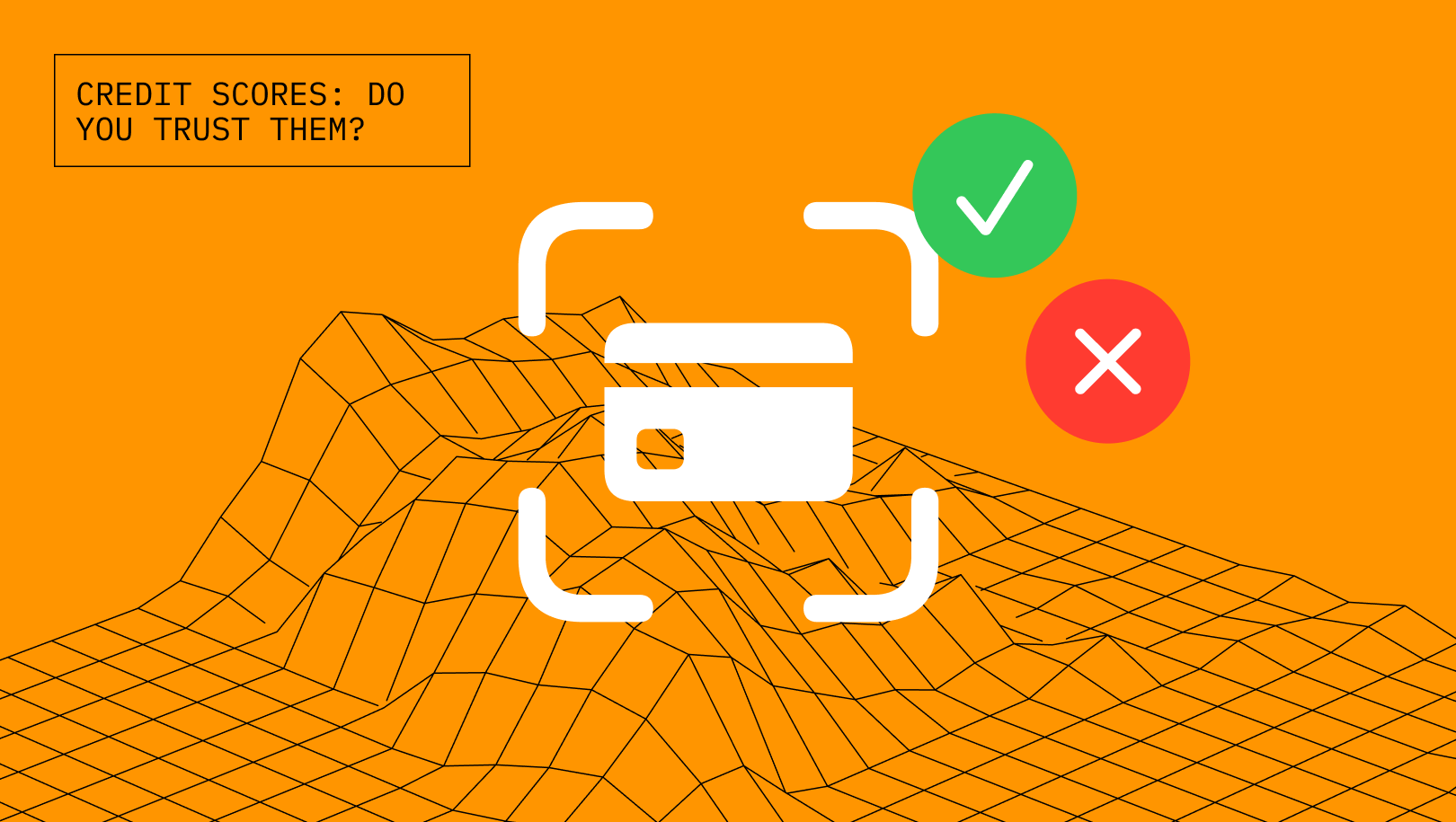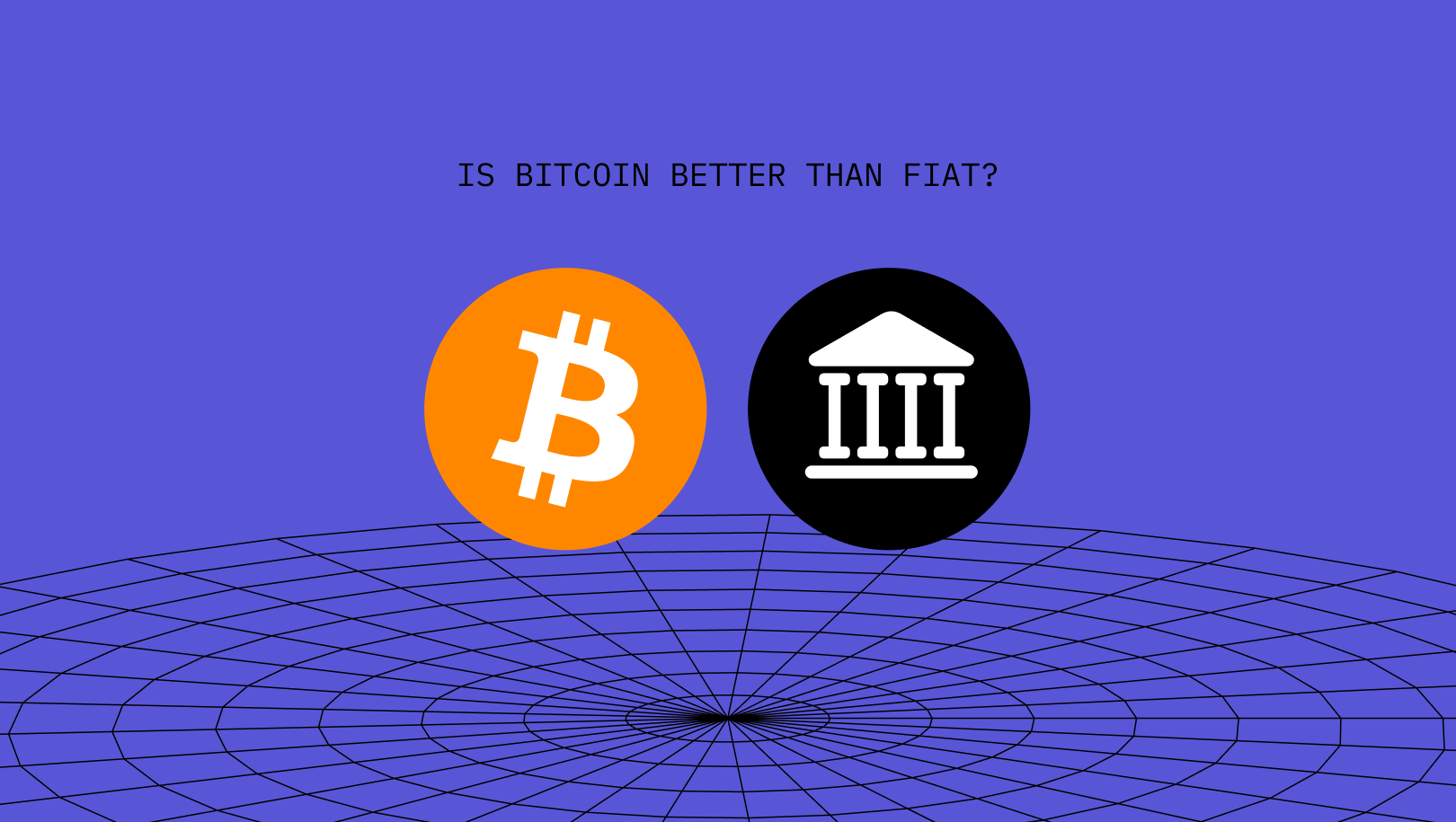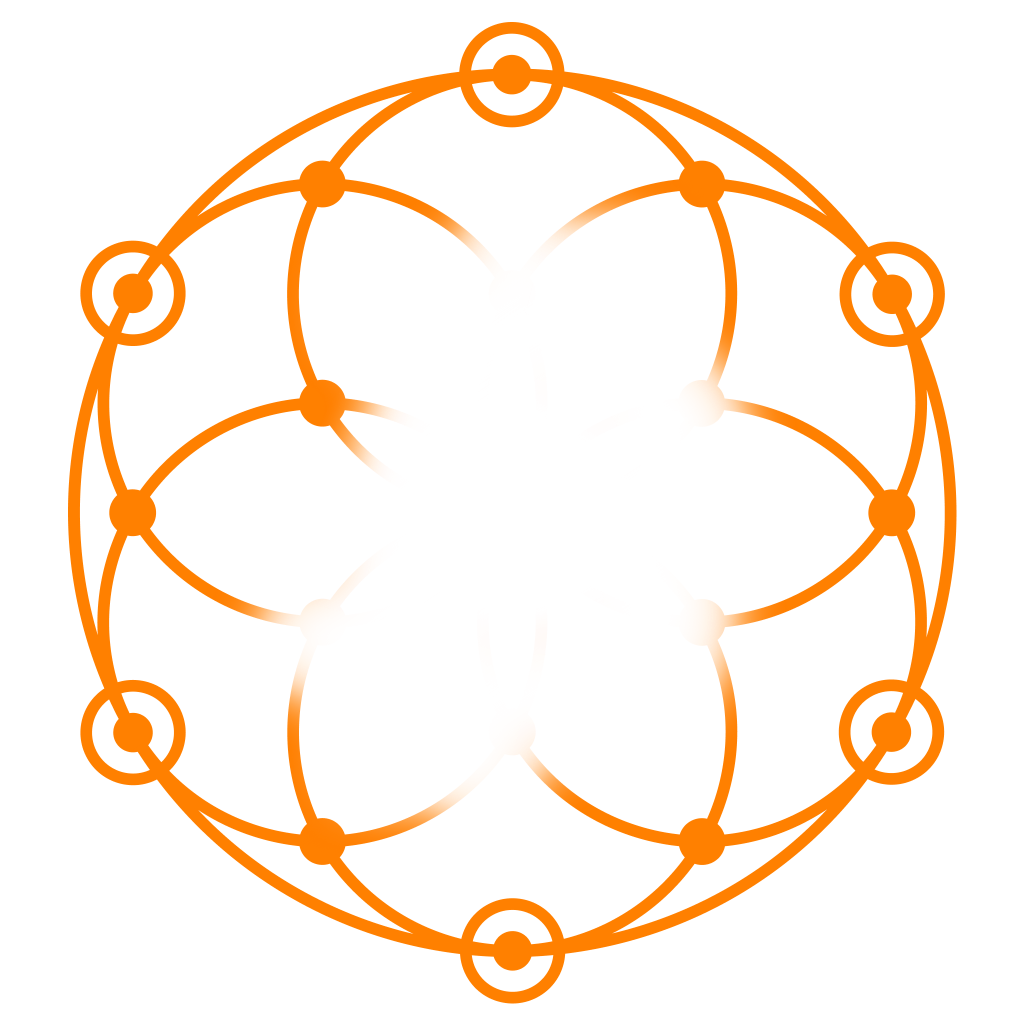Image: Lincoln Bitcoin Robber, 2022 by Stacey Lee Webber
₿itcoin is often dubbed “freedom money”. This is partly because Bitcoin is free from the influence of central banks. Unlike fiat currencies, Bitcoin’s maximum supply is capped, meaning your savings in Bitcoin cannot be diluted through inflation.
However, there’s another kind of freedom that excites Bitcoin maxis even more. Bitcoin is censorship resistant, and although this may sound very abstract, there are several concrete reasons why this is one of Bitcoin’s most important properties.
In this article, we explore the concept of censorship resistance, why it matters, and how Bitcoin preserves financial freedom in action.
On Money and Life
In the case of money, censorship resistance refers to the ability of a currency to be stored and transacted freely. Censorship resistant money can’t be seized, blocked, or intercepted by any government or other third party.
This is important because virtually all human rights are contingent upon our ability to use money. Living in our world requires access to scarce resources — food, water, and shelter — without which we, as mortal humans, cannot survive.
Money is an extremely useful technology to economise and enable access to such resources. We’ve come a long way since pre-agricultural modes of subsistence. Today we exchange our labour for money, which we then exchange for these resources.
This allows us to spend more time specialising in what we enjoy (or are good at). I’m being paid to write this article (I’m pretty good at writing), and I will later use that money to pay for food that was grown by someone who is pretty good at growing food. Win-win.
One consequence of this, though, is that without access to money, it becomes really difficult to survive. If access to money is conditional, we are incentivised to adhere to certain conditions in order to increase our chances of survival. If we want to live, we must behave in a way that preserves our access to money.
e.g. HONK!
As demonstrated by 2022’s Freedom Convoy protests in Canada, both governments and third-party payments platforms have unprecedented power to limit or even revoke a person’s access to money in today’s world.
The Canadian truckers, protesting against COVID vaccine mandates, received millions of dollars’ worth in donations from around the world, initially via crowdfunding platforms like GoFundMe.
The payments processor eventually suspended the truckers’ campaign, ostensibly on the grounds of political animosity towards the protests. This caused huge amounts of donated money to be withheld, in contravention of the desires of the donors themselves.
Not long after, the Canadian government used an emergency law to freeze the bank accounts of several protestors. Terrifyingly enough, these powers may even become permanent and extended with new legislation.
Both of these instances demonstrate how reliance on a financial system that is prone to corruption and bias can limit our practical capacity to exercise our freedom. While we may be “allowed” to protest and express ourselves freely, our ability to actually do so is almost entirely dependent on our ability to economically do so. That is, to access money.
The Solution
Bitcoin is, in contrast to fiat money and legacy payments systems, highly censorship resistant. As a globally distributed peer-to-peer technology, no single person or entity controls Bitcoin.
At the heart of Bitcoin is a decentralised, immutable ledger. This is basically a record of all Bitcoin transactions, as well as who owns what. It is decentralised in that every network participant may hold a copy of that ledger. It is immutable in that changing the ledger requires consensus across more than half of the network (usually described as 51%).
If you wanted to either confiscate someone’s coins or block a transaction, you would need to alter the ledger. New transactions are only validated and added to the ledger when 51% of the network confirms them, and a historical alteration to the ledger would also require 51% consensus.
This means that even if you only wanted to confiscate 0.001 BTC from one person, or block one single transaction, you would need to control 51% of the whole Bitcoin network—and that would be no mean feat.
Today, the Bitcoin network is larger than ever, with the hash rate hitting all-time highs in early 2022. As the network grows bigger and bigger it gets harder and harder to conduct a 51% attack. Bitcoin isn’t just censorship resistant—it’s freedom money that keeps getting freer.
Why Care?
Censorship resistant money is only going to become more important. World governments and creepy NGOs like the World Economic Forum have recently begun explicitly stating their plans for a world where they have full control over the population’s finances.
In Canada, the government plans to extend the powers granted by its emergency legislation, potentially enabling permanent snooping and conditional access to crucial resources. As we require resources to survive, we are highly susceptible to coercion if those resources are withheld from us. I’ll repeat something I said earlier:
“If our access to money is conditional, we are incentivised to adhere to such conditions in order to increase our chances of survival. If we want to live, we have to behave in a way that preserves our access to money.”
Bitcoin gives us access to a money that is censorship resistant, free, and unconditional. It enables us to access resources without conforming to the whims of a tyrannical government.
Bitcoin guarantees our rights and freedoms. Bitcoin is freedom money. In a way, Bitcoin is freedom itself.
Ready to free yourself from the shackles and chains of arbitrary emergency legislation and fiat debt slavery? Download AmberApp to start saving in Bitcoin in under 90 seconds.
🔸🕳🐇





